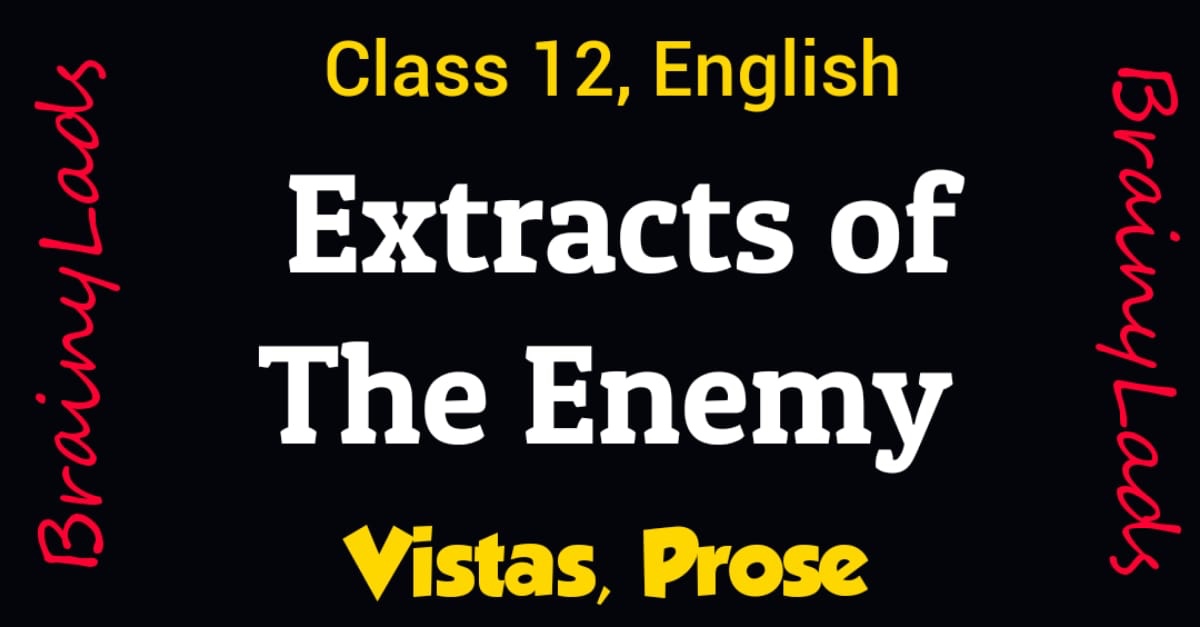My Mother at Sixty Six Questions | Poem 1 | Class XII | English Core |
My Mother at Sixty Six (Important Questions)
Q1. Where is the poet going? What is she afraid of?
Ans. The poet is going to Cochin airport with her mother. She is afraid of losing her mother as the latter has grown old and weak with the passage of time. Her condition is deteriorating day by day therefore she is scared of losing her mother.
Q2. What thought does the poet put away? Why?
Ans. The poet puts away the haunting thought of losing her mother. She knows very well that her mother has grown old with the passage of time, the symptoms of her body and face are clearly indicating that she is on the verge of the death. Therefore, she takes that thought out of her mind.
Q3. What do the parting words of the poet signify?
Ans. The parting words of the poet signify an irony which can only be felt by the poet. She is stuck between her internal and external conflicts. She says “See you soon Amma” which shows that she is hopeful of meeting her mother soon but on the other hand, she knows that she will probably not be able to see her mother again due to her pathetic condition.
Q4. Why have the trees been called sprinting?
Ans. The trees here represent ‘youngsters’ of our country who are running blindly after success ignoring and avoiding their own parents. The poet criticizes them that they have no time for them but every other thing of this world. On the other hand, if we talk about the reality, it is actually the car which is moving not the trees.
Q5. Which poetic devices have been used in this poem?
Ans. Poet has used many figures of speech here such as;
- ‘Simile’ in ashen like that of a corpse,
- ‘Personification’ in young trees sprinting,
- ‘Oxymoron’ in Wan pale and
- ‘Repetition’ in Smile, Smile and Smile.
Besides, some more poetic devices have been used here to add expressions to the poem.
These are five important questions from this poem. For more information keep logging on BrainyLads
You May Also Read



